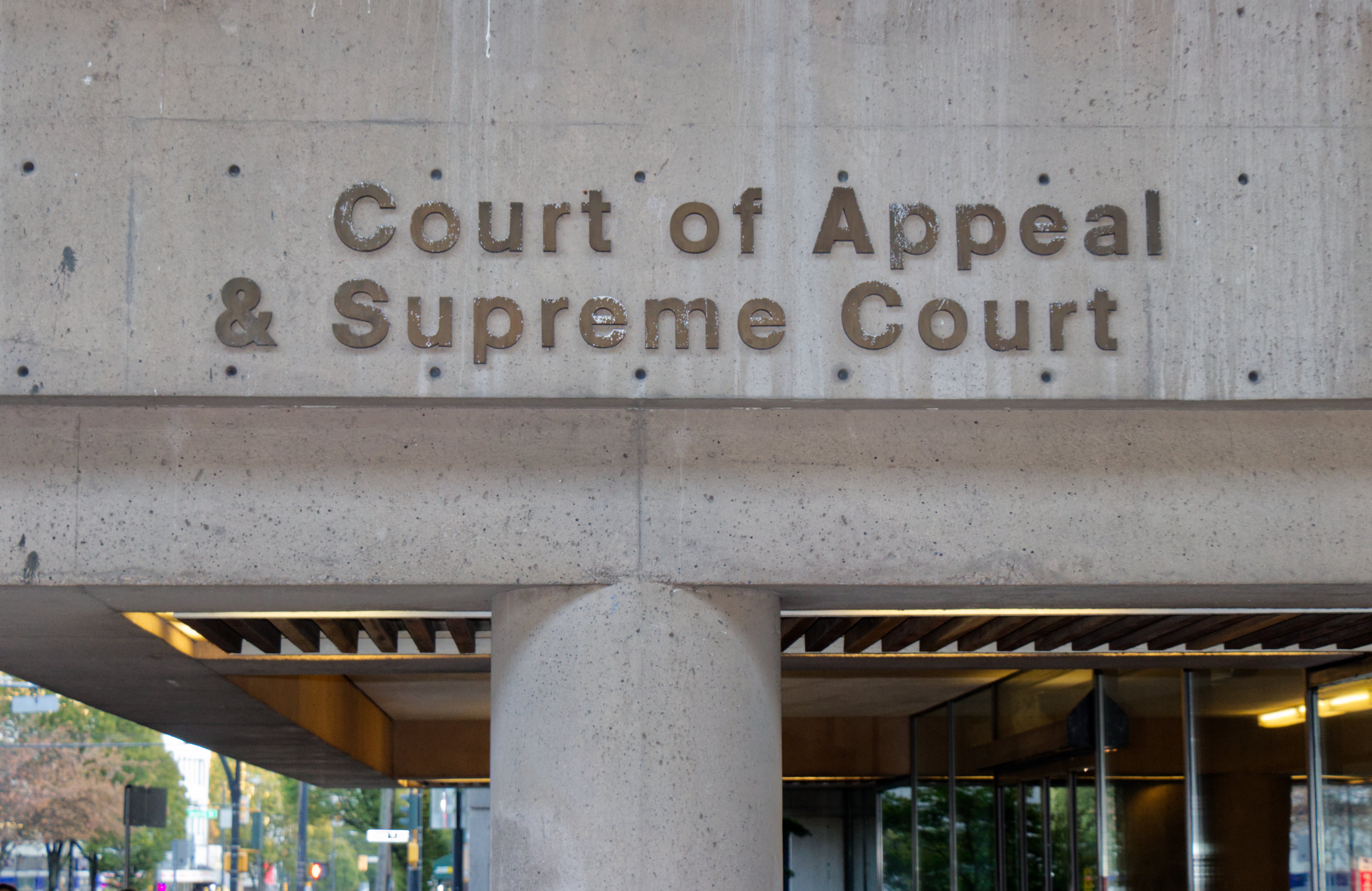
Ruling says judge erred in lumping together claims for past and future loss of earning capacity

The British Columbia Court of Appeal partly allowed an appeal of a damages award for injuries arising from a motor vehicle accident upon finding errors in the trial judge’s use of the capital asset approach and assessment of earning capacity.
In Lewis v. Gibeau, 2025 BCCA 127, the defendants admitted liability for the appellant’s personal injuries in the collision. At trial, the issues revolved around causation and the quantum of damages to compensate the appellant for her loss.
A trial judge of the British Columbia Supreme Court accepted that the accident caused the appellant a mild traumatic brain injury; neck, back, and shoulder pain immediately after the incident; and occasional bouts of dizziness and mild forgetfulness, which eventually resolved.
The judge awarded the appellant $220,000 in non-pecuniary damages, $89,641.02 for global loss of past and future earning capacity, $6,397 in special damages, $5,200 for future care costs, and additional amounts for specific categories of future costs.
On appeal, the appellant alleged that the trial judge made multiple errors in awarding her past and future loss of earning capacity and rejecting her claim of $162,000 for future costs of housekeeping services.
The Court of Appeal for British Columbia partly allowed the appeal and set aside the trial judge’s global loss of earning capacity award of $89,641.02.
The appeal court substituted awards of $25,995 for past loss of earning capacity, minus the deduction for taxes required by ss. 95 and 98 of BC’s Insurance (Vehicle) Act, 1996, and $206,583.56 for future loss of earning capacity.
First, the appeal court ruled that the judge committed an error when she used the capital asset approach to value loss of earning capacity when the appellant had an established career as a full-time hair stylist for about four decades.
The appeal court added that the appellant had a proven earnings history, specifically an average annual net income of $44,451 in the eight years before her retirement. The appeal court found an identifiable loss of income since the appellant found herself unable to cope with her collision-related injuries and ceased working in January 2022.
Second, the appeal court held that the judge wrongly lumped together the claims for past and future loss of earning capacity and based these awards on two years of the appellant’s average net business income.
The appeal court said this error prevented it from determining if the judge adjusted the award’s past loss of earning capacity component to account for taxes, as required by s. 98 of the Insurance (Vehicle) Act.
Third, the appeal court determined that the trial judge failed to analyze the negative contingencies properly. The appeal court said the trial judge specifically made errors by:
The appeal court then reassessed damages for past loss of earning capacity. It adopted the earnings approach and used an average annual salary of $44,564. The appeal court concluded that the appellant’s past loss of earning capacity was $25,995 for the seven months from January to September 2022.
Next, the appeal court reassessed damages for future loss of earning capacity, also using the earnings approach. The appeal court found that the appellant would have had 5.5 years more of earning potential had she not sustained injuries in the accident.
The appeal court applied the prescribed two-percent discount rate to the appellant’s average annual salary of $44,564 and found that the total value of her future loss of earning potential was $229,537.29.
The appeal court reduced this amount by 10 percent to account for the contingency that the appellant’s frozen shoulder condition might resolve and enable her to return to work. The appeal court made no deduction for the contingency that the appellant might go back to work on a staggered schedule.
Lastly, the appeal court said the trial judge made no error in rejecting the appellant’s claim for future housekeeping service costs. The appeal court noted that the appellant did not find a need to pay for a professional housekeeper in the five years between the date of the collision and the date of the trial, despite being financially able to do so.